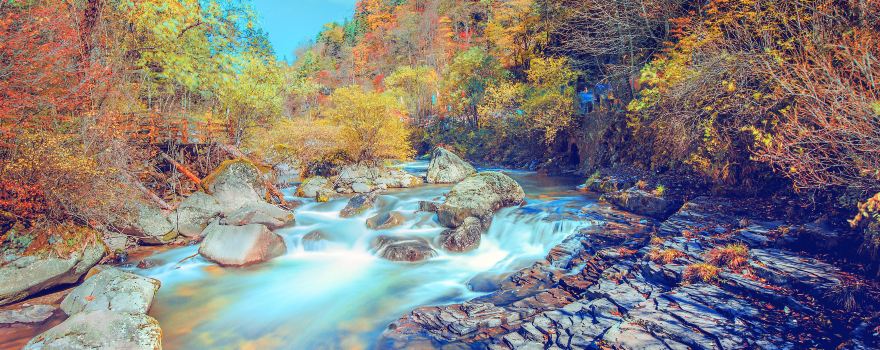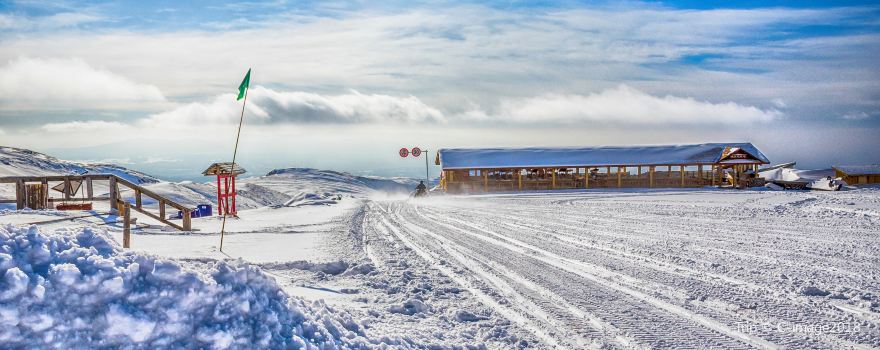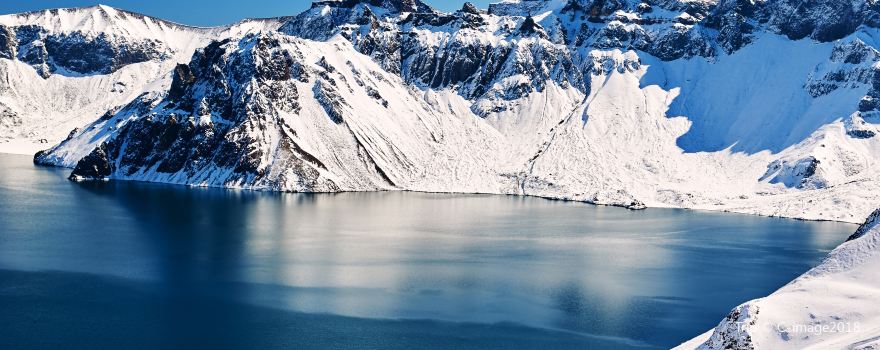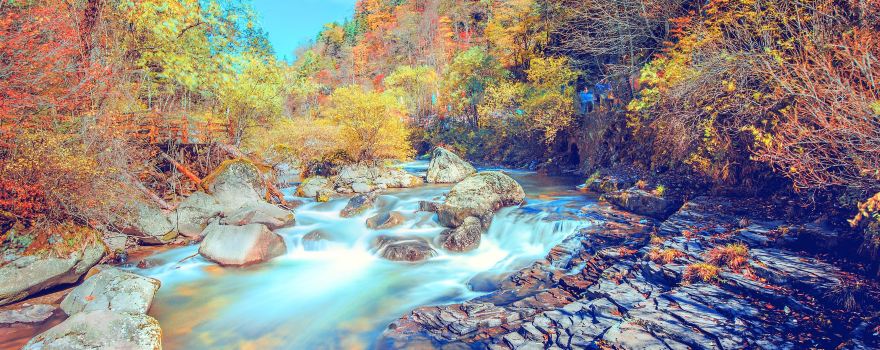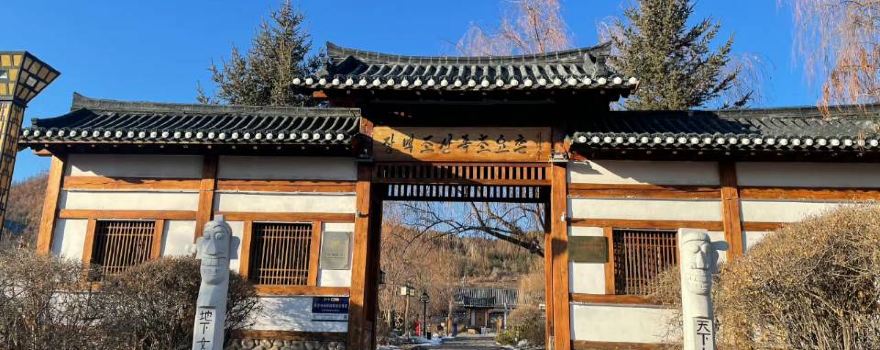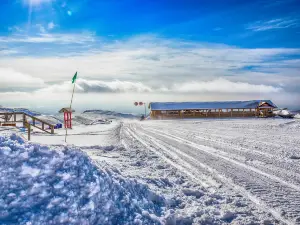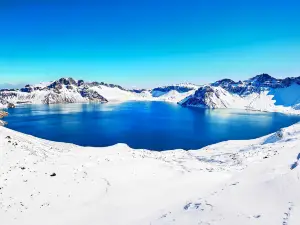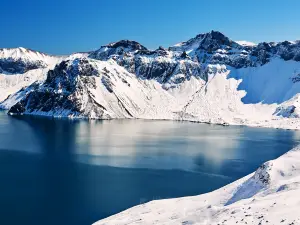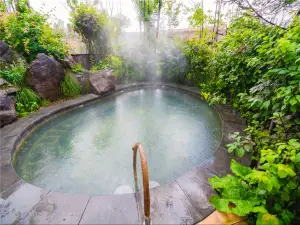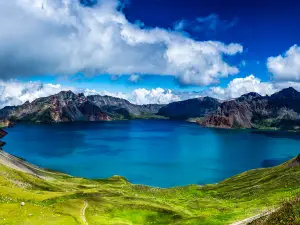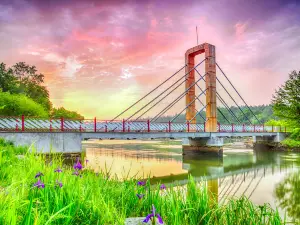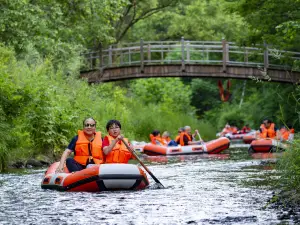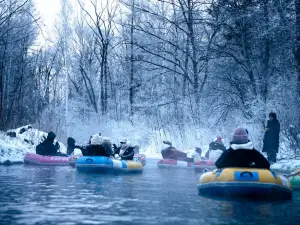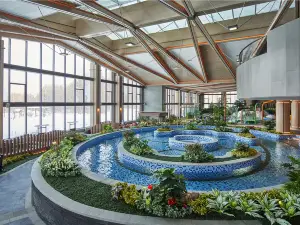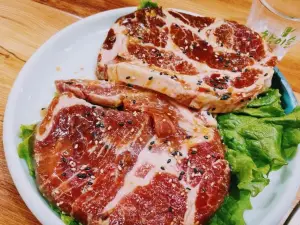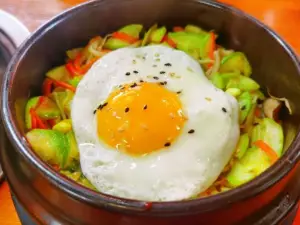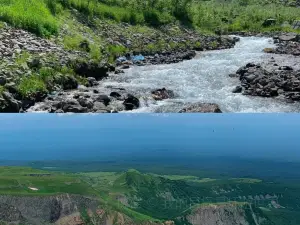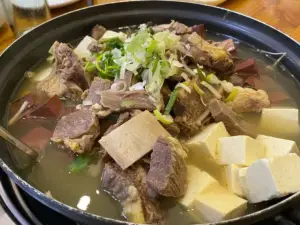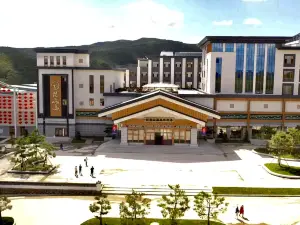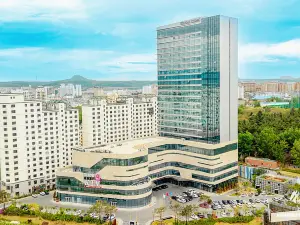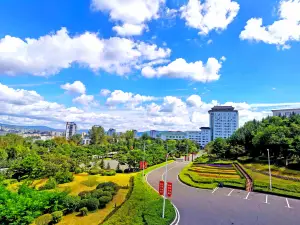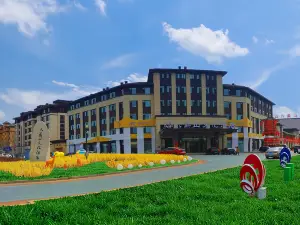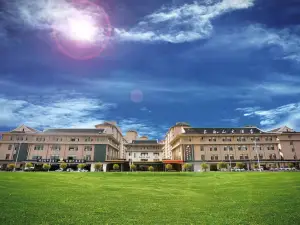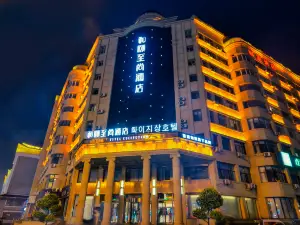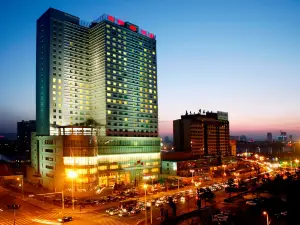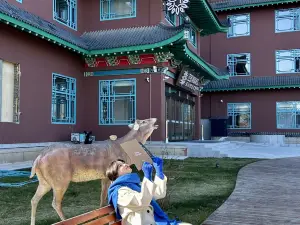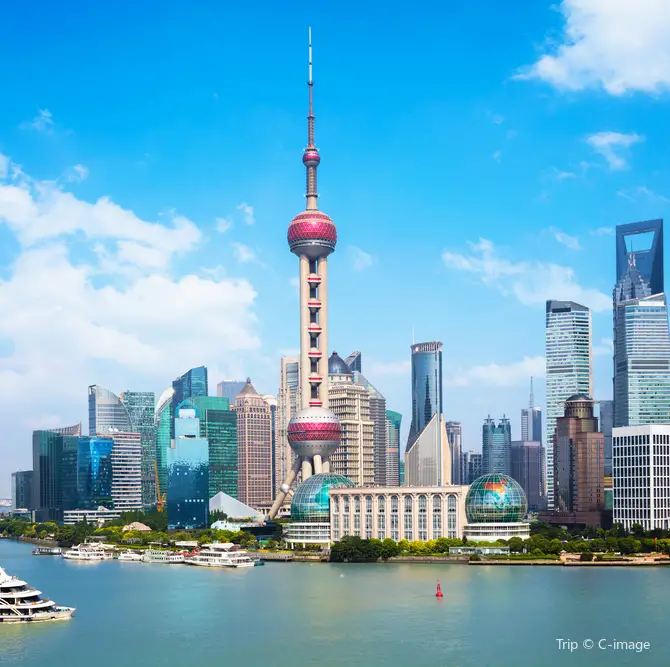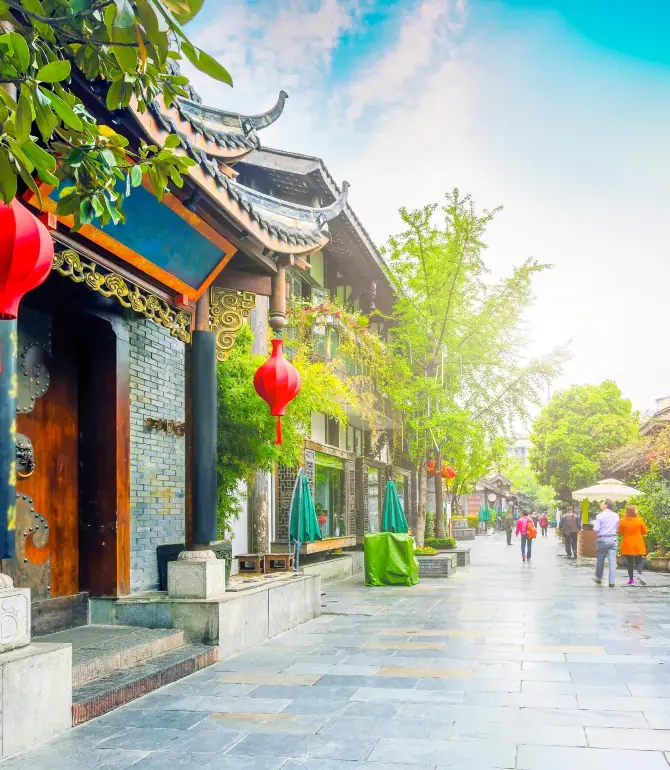Things to Do in Changbai mountain in 2025 - Top Attractions, Local Food, Hotels & Travel Tips (Updated May, 2025) | Trip.com
About Changbai mountain
Recommended trip: 2–3 day(s)
Recommended trip: 2–3 day(s)Current Weather Conditions
Changbai mountain Local Experiences Map

Trending in Changbai mountain
Changbai mountain Local Travel Guide 2025
Changbai mountain Brief Guide
Changbai Mountain, also recognized as Baekdu Mountain(in Korean) or Forever White Mountain, sits majestically on the border between China and North Korea. Changbai Mountain Scenic Area is not only a geographical marvel, with its highest peak reaching up to 2,744 meters but also a place with rich historical and cultural significance. It features a dormant volcano and is widely known for the stunning Tianchi(Heavenly Lake), which forms the highest crater lake in the world. Key landmarks include the picturesque Tianchi, the grand Changbai Waterfall, and the panoramic views from the various slopes. Changbai Mountain has a multitude of natural sceneries ranging from lush forests to clear lakes and bubbling hot springs. The mountain offers adventurous skiing opportunities, while those seeking relaxation can enjoy one of the many hot springs.
Changbai mountain Must-try Local Experiences
1. Experience the Majesty of Heaven Lake and Changbai Waterfall Ascend to the breathtaking Heaven Lake atop Changbai Mountain and witness its pristine beauty. Marvel at the cascading Changbai Waterfall, a spectacle of nature's power. 2. Explore the Volcanic Landscape and Hot Springs Discover Changbai Mountain's volcanic landscape in the Valley of Heavenly Pots, dotted with volcanic craters. Unwind in the soothing natural hot springs, and enjoy the crystal clear hot spring water. 3. Hike Through Lush Forests and Alpine Meadows Embark on scenic hikes through Changbai Mountain's diverse ecosystems, from lush forests to alpine meadows adorned with wildflowers, and enjoy panoramic views along the trails. 4. Immerse Yourself in Manchu Culture Delve into the rich cultural heritage of the Manchu people in Changbai Mountain. Visit local villages to witness traditional crafts, sample authentic cuisine, and experience unique customs. 5. Watching the songs and dances of the Korean ethnic group There are many Korean residents in the Changbaishan area, so you can go to Changbai Korean Folk Village to watch the original Korean songs and dance performances, including traditional dances and folk songs, and feel the charm of the Korean ethnic group art. 6. Experience High Mountain Garden High Mountain Garden is a beautiful botanical garden planted with a variety of alpine plants. Strolling through the garden, you can enjoy the rich botanical landscape and feel the diversity of nature. 7. Attend the Changbai Mountain Ice and Snow Festival Held annually in winter, the Changbai Mountain Ice and Snow Festival features stunning ice sculptures, snow activities, and cultural performances, showcasing the beauty of winter. The Changbai Mountain Ski Resort alse offers excellent skiing and snowboarding opportunities for all skill levels, providing a thrilling winter sports experience. 8. Savor the Flavors of Changbai Mountain Cuisine Indulge in Changbai Mountain's hearty cuisine, sampling local specialties like wild mushrooms, mountain vegetables, and cold noodles, known for their fresh ingredients and unique preparations.Blueberries and ginseng are also abundant here, so buy some locally and savour them. 9. Experience stargazing at night in Changbaishan The night sky of Changbaishan Mountain is very clear, making it an ideal place for stargazing. You can take part in night stargazing activities and use telescopes to observe the stars and learn about the constellations and astronomy.
Changbai mountain Must-see Attractions
Located about 3.5 kilometers east of Changbai County, this National Demonstrative Spot for Agricultural Tourism showcases traditional Korean customs and styles. It features a harmonious blend of Korean, Changbai Mountain, and Yalu River cultures with diverse attractions including dwellings, exhibition halls, and recreational facilities. Open year-round, the village provides a gateway into agricultural tourism and the rich cultural tapestry of the Korean ethnic group in China.
Changbai mountain Transportation
Visitors can reach Changbai Mountain by flights available to Changchun followed by a transfer to Changbaishan Airport (NBS). From there, visitors can take a bus to reach Changbai Mountains. Train travel is another convenient option, where travelers can take a train to Changchun and then transfer to Baihe Railway Station or Songjianghe Railway Station, finally taking a bus or taxi to North Slope of Changbai Mountain.
Changbai mountain Best Time To Visit
The best time to visit Changbai Mountain is from late June to early September, as well as from November to January. During these months, the weather conditions are most favorable for hiking and sightseeing with pleasant temperatures and vibrant scenery. Late June to early September marks the transition from lush summer greenery to the early signs of autumn, offering a visually delightful experience. November to January is ideal for winter sports enthusiasts as the region is popular for skiing due to adequate snowfall. Additionally, the best months also include July, August, and September when the area's full bloom and mild weather provide a comfortable environment for exploration.
Trip.Best: Changbai mountain
Things to do in Changbai mountain
What to Do
Changbai Mountain Julong Volcono Hot Spring
Erdaobaihe
Changbai Mountain ClubMed Mediterranean Hot Springs
Where to Stay
What to Eat
Changbai mountain Moments: Through Travelers' Eyes

Yanbian 5-Day Tour: Forest Exploration and Winter Breathing

2-Day Changchun-Changbai Mountain Adventure: A Detailed Guide

Changbai Mountain in the summer is highly recommended.

Changbai Mountain, a must-visit destination in your lifetime

Changbai Mountain

Why is Changbai Mountain a Must-Visit Destination? Let's Find Out!

Antu 2-Day Tour | Don't Miss These Highlights

2-Day Changbai Mountain Tianchi Lake Itinerary: Must-See Attractions
Best of Changbai mountain
Site Operator: Trip.com Travel Singapore Pte. Ltd.
